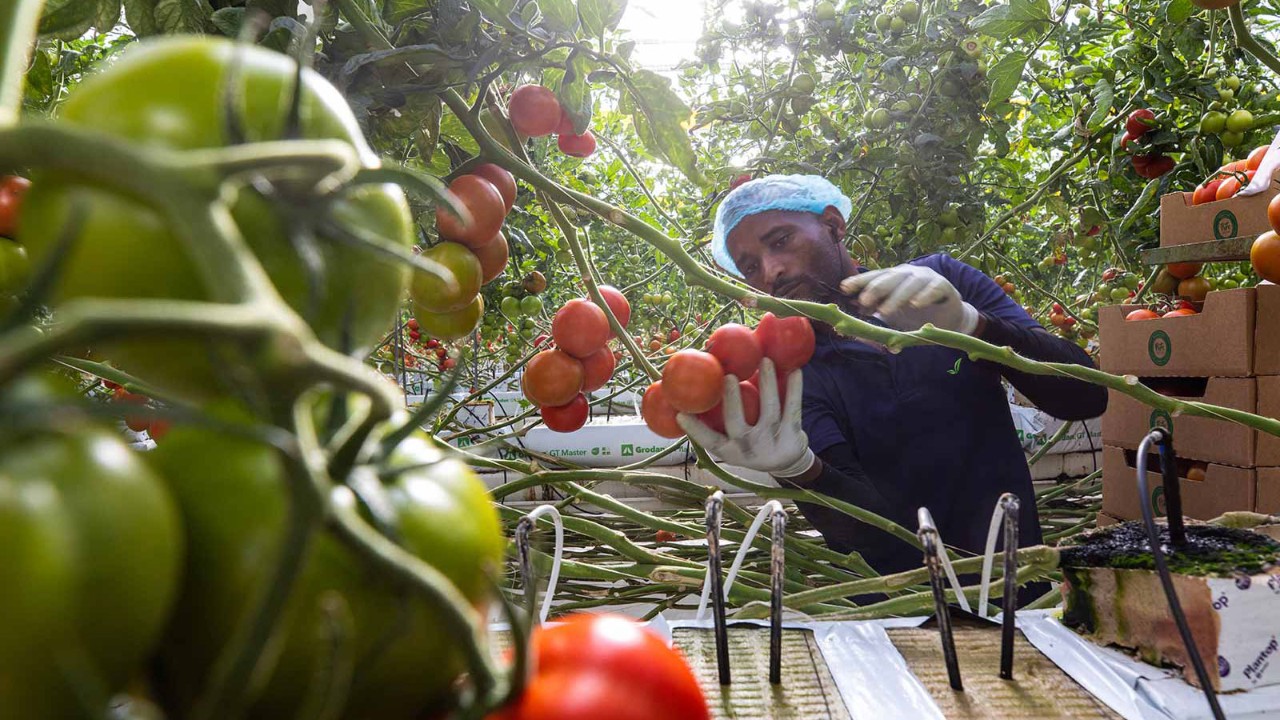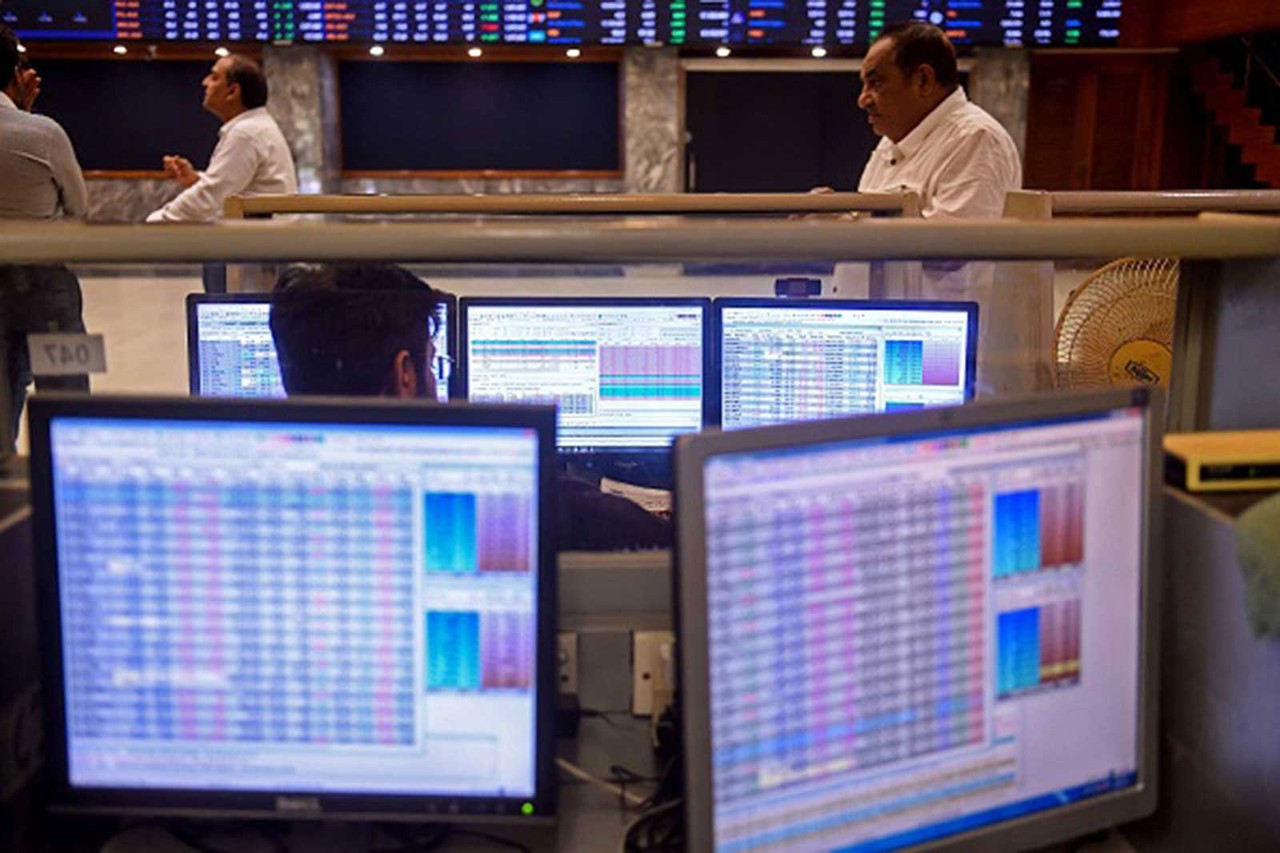
Middle East investors bucked the global trend by continuing to invest extensively in climate tech transactions in the year to end-September 2023.
According to PwC’s 2023 report on climate tech in the Middle East, players in the region (led by Saudi Arabia) invested a total of US$5bn in climate tech around the world, up from US$1.8bn in 2022. However, less than 2% of this spending was directed at innovators in the Middle East itself.
The largest share of funding went to companies working on technologies relating to energy, mobility and transport, reflecting global ambitions to tackle these key sources of rising emissions.
Spending at home
Climate tech investment in the Middle East itself declined by more than 80% this year, compared with 2022, with Middle East investors accounting for just US$69m of the US$152m total, well below pre-Covid 19 levels. While investment activity globally was down, the fall in the Middle East was considerably steeper.
The way forward
PwC recommends a number of measures that governments and companies in the Middle East could take to help regional innovators scale up and reduce investor risk. They include:
- Create funds for innovation in critical areas, with incentives for wealth funds, private investors and others to invest.
- Offer incentives to private investors to fund start-ups and take a larger role in helping find technological solutions.
- Stimulate demand for innovative products and services by, for example, encouraging regulators to enforce sustainable building codes and standards that push innovative materials and processes.
- Tap into the region’s entrepreneurial energy and empower innovators – for example, by encouraging the higher education system to develop incubators and accelerators and new courses in environmentally related skills.



